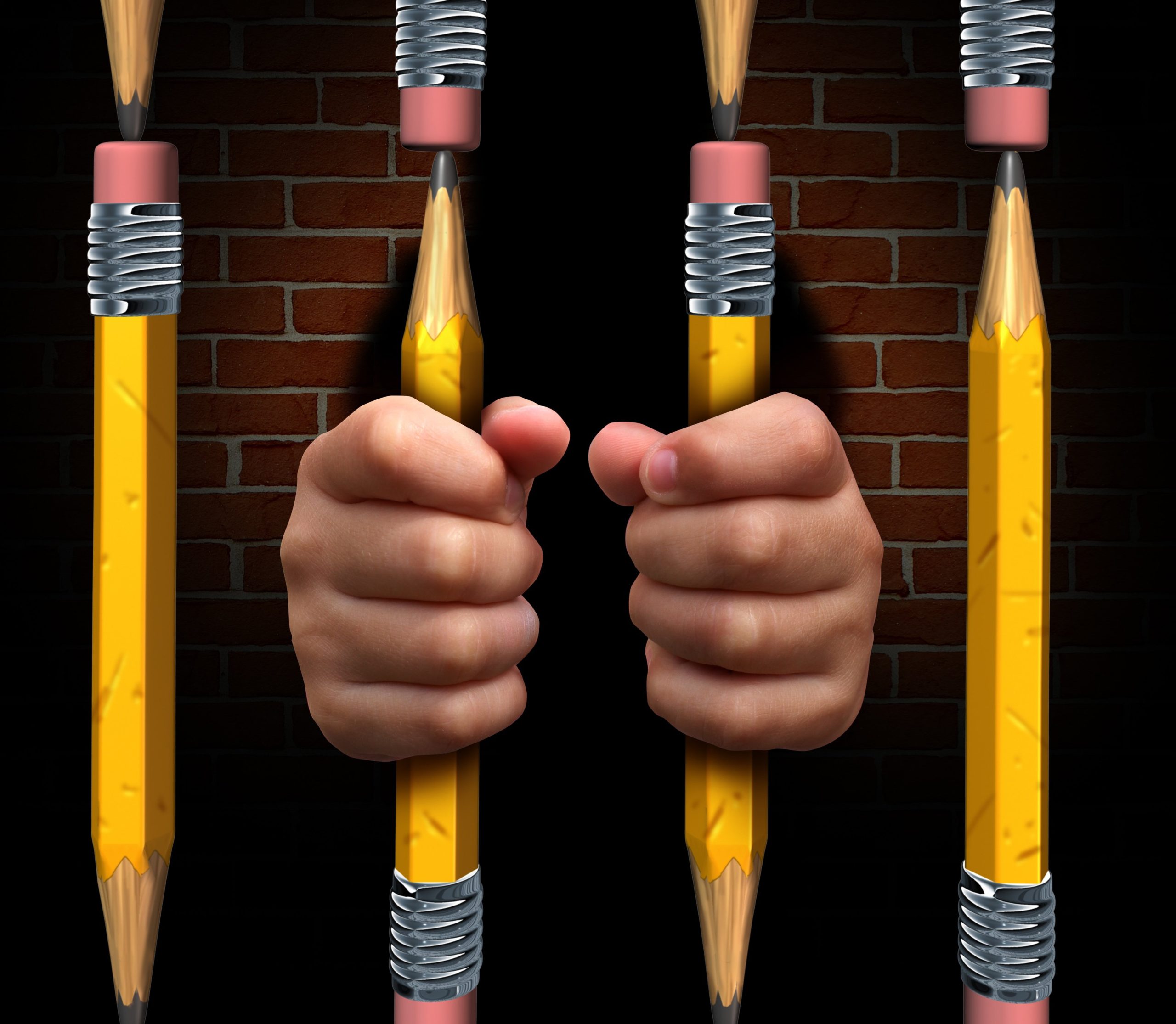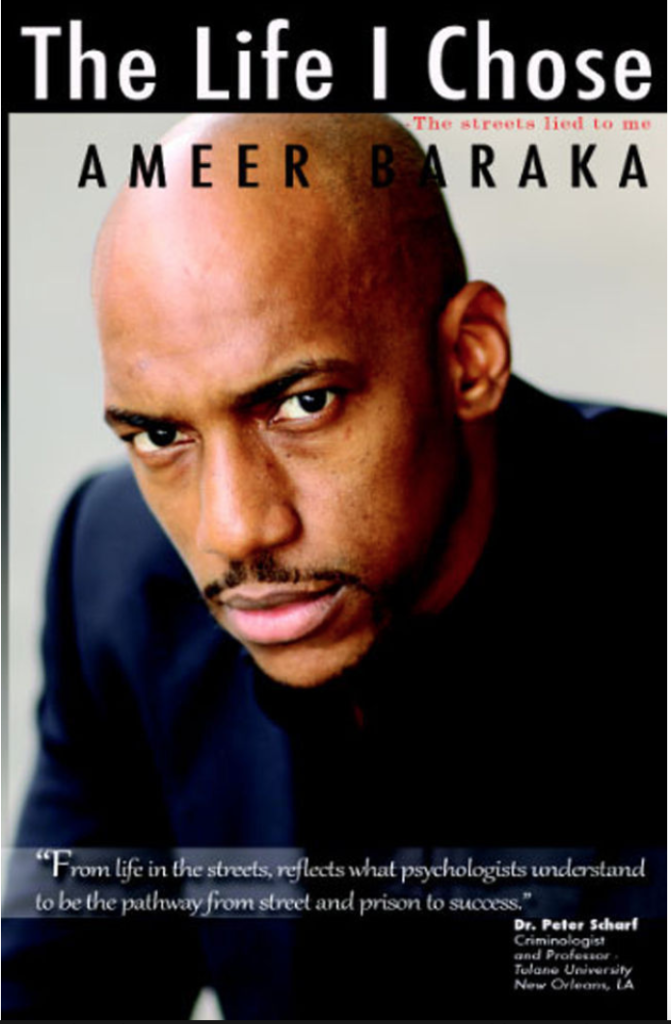Did you know that there is a school-to-prison pipeline?

Let me share some statistics with you.
In the UK, 60% of the prison population has difficulties in basic literacy skills. In other words, reading and writing.
And over 60% are functionally illiterate.
In the year 2000, a study conducted in Texas found that 80% of prison inmates were functionally illiterate and 48% were dyslexic.
According to the National Center for Education Statistics, 49% of prisoners do not have a high school diploma.
The most heart-wrenching data is that in the United States of America, 85% of all juveniles who end up in the juvenile court system are functionally illiterate, yet only 37% of students with learning difficulties receive special education services in school.
I do not know any parent who would knowingly place their child on a path that leads to prison. Do you?
Yet some do, unknowingly.
A few weeks ago, I listened to a gentleman tell his story and at times, it moved me to tears. His experience is a perfect example of how struggling readers end up in prison.
If you have seen American Horror Story, you’ve seen Ameer Baraka. Let me tell you his story.
Ameer was born in New Orleans. He had two siblings and his father was more absent than present in their lives.
Ameer’s mother worked to support them, so he was mainly raised by his grandmother. She believed in education and made sure that they studied and did their homework.
While his siblings excelled, Ameer just wasn’t catching on to schoolwork.
He kept failing, and his mother started calling him dumb and stupid. She compared him to his brother and sister, asking him why he couldn’t do like them.
Ameer had a tough life.
He failed in school, his mother called him names, and his father was never around.
He felt bad about not being able to read or write and started acting out at school.
Because of these experiences, he never dreamed of a future as anyone significant. As early as the 4th grade, he realized that the only way out of poverty was to become a drug dealer.
In many low-income neighborhoods like where Ameer grew up, grown men prey on little boys like him and tell them that the way to prosperity and becoming a leader in their community is to sell drugs.
Ameer recalls a time in middle school when his teacher called him up to read in front of the class and made him read for 15 minutes while the other students laughed at him.
At that moment, Ameer decided he would quit school and sell drugs. He was going to show everyone that he could be successful at something.
From that day on, every time his mother dropped him off at school, he would leave right away to go sell drugs in his neighborhood.
He was only 13.
After a while, he wasn’t only selling drugs, but he also started snorting cocaine and heroin. He was out of control.
He had lost hope and was determined to make money, no matter what it took.
One day, an older boy came to his area and began selling drugs. They argued, got into a fight, and he shot the boy. That landed him in juvenile detention for 1 year.
When he got out of detention, he went back to his old ways. He never thought to fill out an application for a job because he couldn’t read or write.
Instead, he kept getting in trouble with the law until they caught him with cocaine. Before they sentenced him to prison, he ran away to California.
While there, people complimented him on his looks and his abilities. Even then, he didn’t believe that he could amount to anything.
Four years later, the New Orleans judicial system caught up with him. They brought him back to Louisiana and sentenced him to four years in prison.
The prison required all inmates to be screened, and afterward, he discovered he was reading at a third-grade level.
Further testing revealed he had dyslexia. When he found out the reason for his reading challenges, he was relieved that there was nothing wrong with him. He called and told his mother. She cried and apologized to him.
He asked for help, and he eventually learned to read.
When he tells his story he admits that dyslexia robbed him of his childhood and adds, “Had someone given me this [help] when I was in the 2nd, 3rd, or 4th grade, I know I would have never gone to prison.”
Today, he has testified to Congress on behalf of dyslexia legislation; he is an author, an actor, an activist championing prison reform, and an educator training young students – something he wishes he had been able to do when he was younger.
Throughout his school years, his mother never tried to find out why he was failing. He also never thought to tell her he couldn’t read or write.
Both his parents and the school system failed him.
Your child doesn’t have to go through a painful journey like Ameer. If you have a child who is struggling or failing in school, getting into fights, and even skipping classes, here are 3 points to keep your struggling reader out of prison:
- Don’t blame your child for his or her academic difficulties.
- About 20% of children struggle in school because their brains process information differently.
- Think about it, no child wakes up and says, “I will not learn to read,” Or, “I’m going to give my teacher trouble, today.”
- Inappropriate behavior is a symptom of a deeper problem.
- Different is not disordered
- God made each child with a unique set of skills
- There’s nothing wrong with your child because he or she learns and behaves differently from you, their siblings, or the other children in their class.
- Exceptional teams are made up of people who excel in different areas.
- Enable not label
- NEVER call your child derogatory names.
- Instead, look for the cause of their problem.
- Be solution-oriented.
While you’re doing that, get him/her tested for dyslexia.
The pain and experience of children like Ameer and the ignorance of his mother are reasons I created a program for parents of children who are struggling to read and learn, and those who have been tested and identified with dyslexia.
In it, I show you how to identify your children’s difficulties and how they are impacting their lives. Then I give you tips, tools, and strategies to help them overcome their challenges so they can read easier, faster, and succeed in life.
Click here to chat at your convenience – https://letsmeet.io/florencecallender/learning-assessment-call
You can check out Ameer Baraka’s website here.


Reading is so important. Is why I never minded my kids reading past bedtime. 🙂 Great post.
Thank you, Jean. It’s also important to encourage our children to read books on topics of interest to them.
I worked as a literacy teacher for adult Ed for years. You are absolutely correct. I think your three points are right on. Every child deserves the help they need to succeed. It is sometimes meeting/working with one caring supportive teacher that can make all the difference.
You hit the nail on the head about the one caring, supportive teacher making a difference in the lives of children who struggle to learn, Cheryl. For my daughter, it was her 3rd grade teacher.
Oh my goodness this is a really important topic and this is an outstanding article. Thank you! I know many families just don’t get it…our school systems are broken, we must take back our children and help the whole person. I hope more parents and teachers read this. Thank you for writing this.
You’re welcome, Stephana. My passion is to wake parents up to their responsibility to educate their children and not depend on a school system that mostly doesn’t care about the children who learn differently.